I’m intrigued by the way that the brevity of a short novel can bring a distinctive feel to familiar subject matter. One of the Boys by Daniel Magariel springs to mind here, the way it puts a toxic family relationship into extreme close-up by removing all but the most essential detail.
Another example is The Sky Above the Roof, the latest novel to appear in English by Mauritian-French author Nathacha Appanah. It revolves around three characters who are all, in some way, ill at ease in the world. We begin with young Wolf in the back of a police van. He drove on the wrong side of the road, there was a crash, and now here we are. To an outside observer, Wolf may just seem a boy who doesn’t pay attention. In fact, though his mind mixes up times and memories of events, his mechanical instinct is something else. His mother thinks of him like this:
…a boy who does not have a licence and cannot catch a bus on his own, suffers from anxiety attacks and can go for days without speaking. One who has magic fingers and can repair little things when they break down (hairdryer, telephone, power drill), his gaze acting like a scanner and detecting where the fault lies. He who can run round and round the house for two hours without stopping, is afraid of the hollow in the garden and, now, does not want to see her.
At the time of the crash, Wolf was driving to visit his sister Paloma, who walked out years ago. Paloma is someone who hides on the sidelines of life. Then there’s the siblings’ mother, who was named Eliette as a girl, and hated the way her parents made her dress up and sing – which is to say nothing of where that led. She made a life for herself as an adult, changing her appearance and calling herself Phoenix. She also made sure that she wouldn’t constrict her children in the way her parents did with her – but, as we see, not everything turns out as intended.
The Sky Above the Roof has 130 pages and encompasses this family’s immediate history, as well as Wolf’s brief (though still harrowing) stay in the remand centre. It seems to me that the novel loses some nuance of cause and effect through its brevity: sometimes it feels as though upbringing is the be-all and end-all. But its shortness also brings Appanah’s book intensity, making it a string of set-pieces with that swirling prose in Geoffrey Strachan’s fine translation.
Published by MacLehose Press.
Like this:
Like Loading...
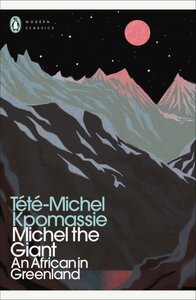
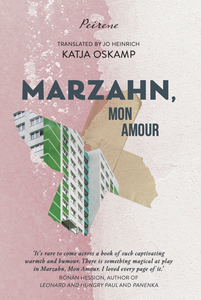

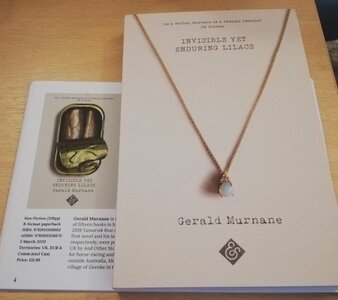



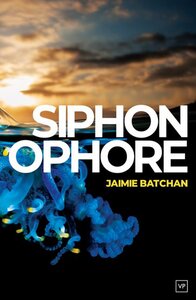
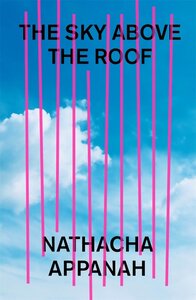
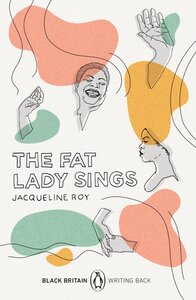
Recent Comments